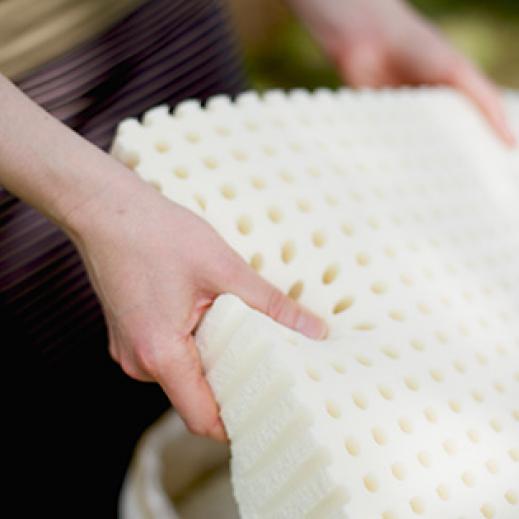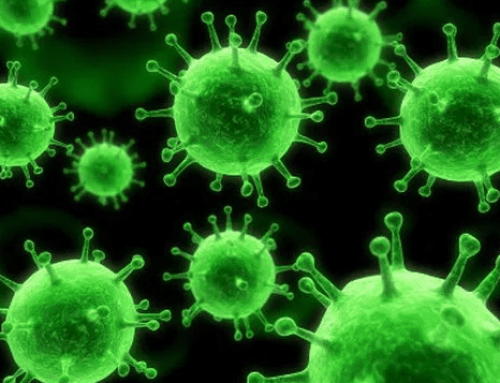 Not all organic mattresses are created equal. Many manufacturers label themselves as eco-friendly, cruelty-free, pure, environmental, or natural to attract consumers interested in protecting their health and the environment.
Not all organic mattresses are created equal. Many manufacturers label themselves as eco-friendly, cruelty-free, pure, environmental, or natural to attract consumers interested in protecting their health and the environment.
Sadly, some manufacturers are misleading and even lying to consumers by adding false labels that sound legitimate but do not hold any weight in the context of health or environmental standards. Not only do some companies, which claim to be eco-friendly, use toxins in their products, but they hide the toxic ingredients as well. Millions of dollars are spent each year by lobbyists intent on hiding the truth and fighting against stricter labeling laws, which would expose the toxic ingredients to consumers.
A mattress is an investment, both in cost and health, so prepare yourself by understanding true third party tested labels and other facts before your next mattress purchase. There is no reason to have toxic chemicals lurking in your mattress!
Mattress Facts 101 – Conventional vs. Organic
Conventional Mattresses
A conventional (non-organic) mattresses may be either an innerspring or solid core with no springs. These mattresses are made with materials such as petroleum based synthetic latex, conventional cotton, and polyester. These materials consist of toxins that are hazardous to your health and the health of your family and the environment. Think about one of the major components of a conventional mattress: cotton.
According to the Environmental Protection Agency, five of the top nine pesticides used on cotton in the U.S. (cyanide, dicofol, naled, propargite, and trifluralin) are KNOWN cancer-causing chemicals. All nine are classified by the U.S. EPA as Category I and II— the most dangerous chemicals. Memory Foam alone is known to emit 61 VOC (volatile organic compounds). These petroleum based synthetic foam and memory foam, which have been popular in recent years for their comfort, are highly flammable. This synthetic material known as SBR (styrene-butadiene rubber) is often referred to by fire marshals as ‘solid gasoline.’ To make these already flammable materials meet the flammability standards, they must then be doused in toxic chemicals such as boric acid or polybrominated diphenyl ethers (PBDEs). Consumer complaints of headaches, joint pain, irritated eyes, noses, and throats, have been linked by health professionals to these irritant chemicals.
Organic Mattresses
Organic mattresses offer a variety of comfort and price levels and are constructed the same as conventional mattresses, such as innerspring or non-innerspring, but the materials they are comprised of are drastically different. Organic mattresses consist of organically certified cotton, natural rubber (sometimes called natural latex), and natural wool. One other consideration when choosing between the organic materials is allergy issues. Natural rubber and wool are dust-mite, mold, and mildew resistant. Those who suffer from mold, mildew, or dust mites may find their allergies greatly alleviated by choosing materials such as natural rubber or wool.
One of the most valued features of a truly organic mattress is that no fire retardant chemicals are used. Since wool is a natural flame retardant, wool is used in the top layer of organic mattresses and passes all flammability standards naturally.
Ultimately organic mattresses are not just for allergy sufferers but part of a healthy lifestyle along with eating well and exercise. It is about the quality of indoor air. It is about the life cycle of a product from cultivation to production to finished product. All stages must be considered as much as possible as none of us are exclusively protected from the toxins in the environment from all three stages.
Trust Your Supplier
When you purchase a true organic mattress, you are expecting that the manufacturer is truthfully disclosing the materials of the mattress and their origins. Always check for third party certification. Often manufacturers will use logos that they invent to mislead the public, or use certified logos that have nothing to do with the product they sell.
We do not believe toxins belong in the products you purchase. We only carry products from manufacturers dedicated to full disclosure in their product lists, and who get their materials from companies who do the same. We share your goal in protecting the health of your family and the environment.




